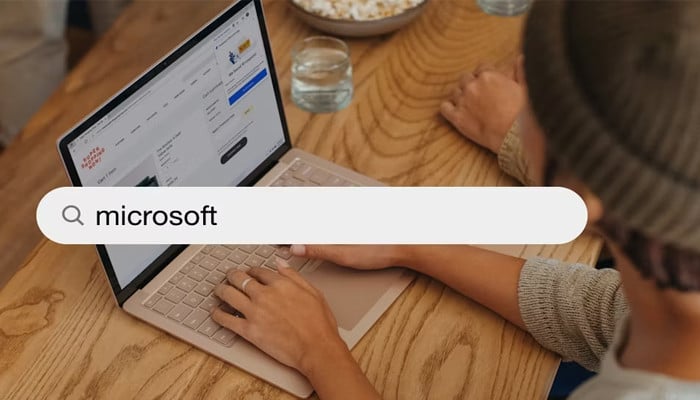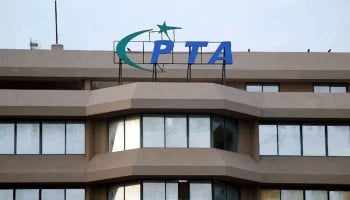
Microsoft, an American tech giant experienced a severe effect, wherein approximately 8.5 million computers lost connectivity because of an undetected outage of CrowdStrike.
Currently, Microsoft is supporting CrowdStrike to overcome all the issues, but it has announced some significant alterations to the Windows operating system's core to bring more flexibility.
CrowdStrike’s Falcon software is allowed to run at an initial level in contrast to the other apps to find out the threat in the system.
The software giant confined a few third parties to access Kernel in Windows Vista in 2006, but it encountered pushback from cybersecurity vendors and European Union (EU) regulators.
Read more: Global Microsoft outage — What is CrowdStrike?
However, the Cupertino-based tech giant, Apple was capable of locking down its macOS operating system back in 2020. So the developers would be unprocurable to Kernel.
Currently, Microsoft is expected to reopen the conversations encompassing the restricted kernel-level access inside Windows.
But, this development came under light after, the vice president of programme management for Windows servicing and delivery, John Cable shed light on it. “This incident shows clearly that Windows must prioritise change and innovation in the area of end-to-end resilience,” he stated.
However, Microsoft didn’t disclose any details about the enhancement that it is planning to bring to Windows. But, Cable dropped a hint regarding Microsoft, and announced the latest VBS enclaves feature “that does not require kernel mode drivers to be tamper resistant.”
“These examples use modern Zero Trust approaches and show what can be done to encourage development practices that do not rely on kernel access,” says Cable.
“We will continue to develop these capabilities, harden our platform, and do even more to improve the resiliency of the Windows ecosystem, working openly and collaboratively with the broad security community.”
















